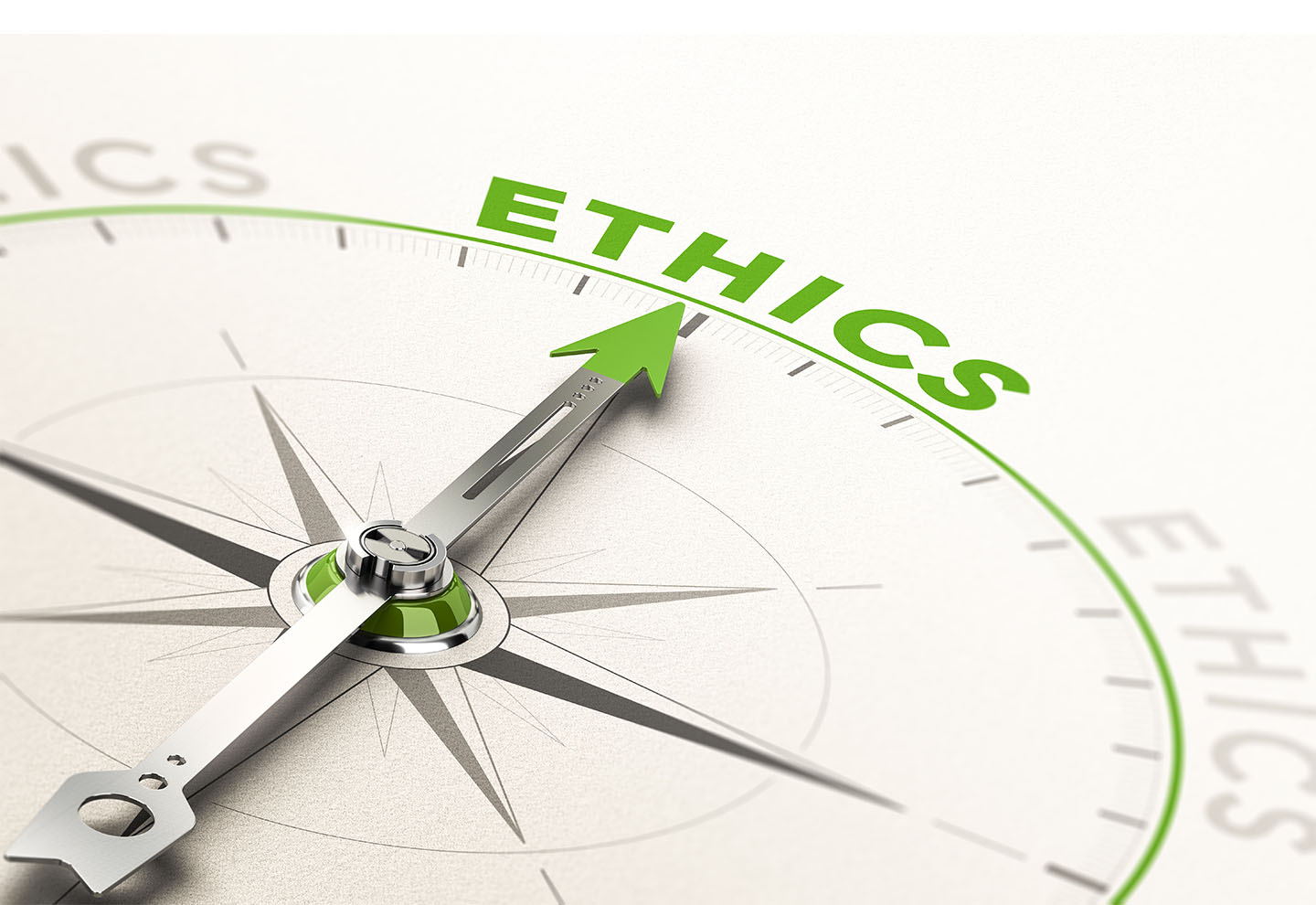By Scott R. Eberle, Co-Chair of the Ethics and Legal Malpractice Practice Group
The COVID-19 crisis has brought unique challenges to all lawyers, significantly changing the way we practice law. But in the midst of all these changes, lawyers’ ethical duties to their clients remain. What steps should you take to maintain your ethical obligations to your clients during this pandemic? Here are several tips for navigating this uncharted territory.
Monitoring Legal Updates: Advising Clients Through Uncertainty
The COVID-19 situation has brought about an almost daily influx of Court Orders concerning court closings and filings, including important information on statute of limitations tolling. Various jurisdictions have different provisions depending on the type of matter and particular situation. The Pennsylvania Rules of Professional Conduct regarding Competence (Rule 1.1), Diligence (Rule 1.3) and Communication (Rule 1.4) require lawyers to monitor the ever-evolving situation attentively, be knowledgeable about directives, and promptly communicate the same to clients who may be concerned about the anticipated impact on their particular matter.
Working Remotely: Confidentiality and Competence
During this unprecedented time, many lawyers have been forced to work remotely from home. Lawyers must remember that, despite these exigent circumstances, the Confidentiality mandates of Rule 1.6 still apply. Law firms must protect sensitive client information whether it is viewed at home or at the office. Special care must be taken by lawyers outside of the office to ensure that they are using a secure internet connection and up-to-date virus protection when remotely accessing client information from a home computer, tablet or other device. Comment [8] to Rule 1.1 (Competence) requires lawyers to understand the benefits and risks associated with relevant technology. If you are remotely accessing client files from home for the first time, and you lack knowledge regarding appropriate security measures necessary to protect sensitive client information and ensure client confidentiality, consider retaining an information technology specialist to advise you accordingly.
Planning Ahead: Illness of Lawyer and/or Client
Unfortunately, the present situation has brought with it the increased risk of a serious, incapacitating illness that could disrupt the lawyer-client relationship. Rule 1.4 (Communication) requires a lawyer to keep a client reasonably updated as to the status of a matter. The client should be informed if you are not available or have limited availability due to illness. In the event of a lawyer illness, other lawyers in a law firm would likely be able to ensure compliance with the mandates of Rule 1.3 (Diligence) by either: assuming responsibility for the matter, or notifying the client of the lawyer’s death or disability, and determining whether there is an immediate need for action, but a contingency plan should be outlined ahead of time. Lawyers often advise clients to plan ahead; they should do the same.
For sole practitioners who lack built-in back-up, succession planning is critical. Accordingly, the comments to Rule 1.3 have been recently amended to include comment [5] which states that the “duty of diligence may require that each sole practitioner prepare a plan, in conformity with applicable rules, that designates another competent lawyer to review client files, notify each client of the lawyer’s death or disability, and determine whether there is need for immediate action.”
Rule 1.2 (Allocation of Authority Between Client and Lawyer) requires a lawyer to abide by a client’s decisions concerning the objectives of a representation. Given the present circumstances, it may make sense for a lawyer to seek advance direction from a client if critical decisions are looming. Further, if a client becomes incapable of making decisions about important matters, lawyers are reminded of the directives of Rule 1.14 (Client with Diminished Capacity). That Rule provides, inter alia, that “…the lawyer may take necessary protective action, including consulting with individuals or entities that may have the ability to take action to protect the client and, in appropriate cases, seeking the appointment of a guardian ad litem, conservator or guardian.”
The uncertainties surrounding the COVID-19 pandemic are far reaching. While the situation is fluid, and often challenging, our ethical responsibilities remain constant. Burns White LLC regularly assists individual attorneys and law firms of all sizes with issues regarding ethical obligations and risk management. If you have questions about ethics during the pandemic, or any other matters, please contact our Ethics and Legal Malpractice Department at sreberle@burnswhite.com.

